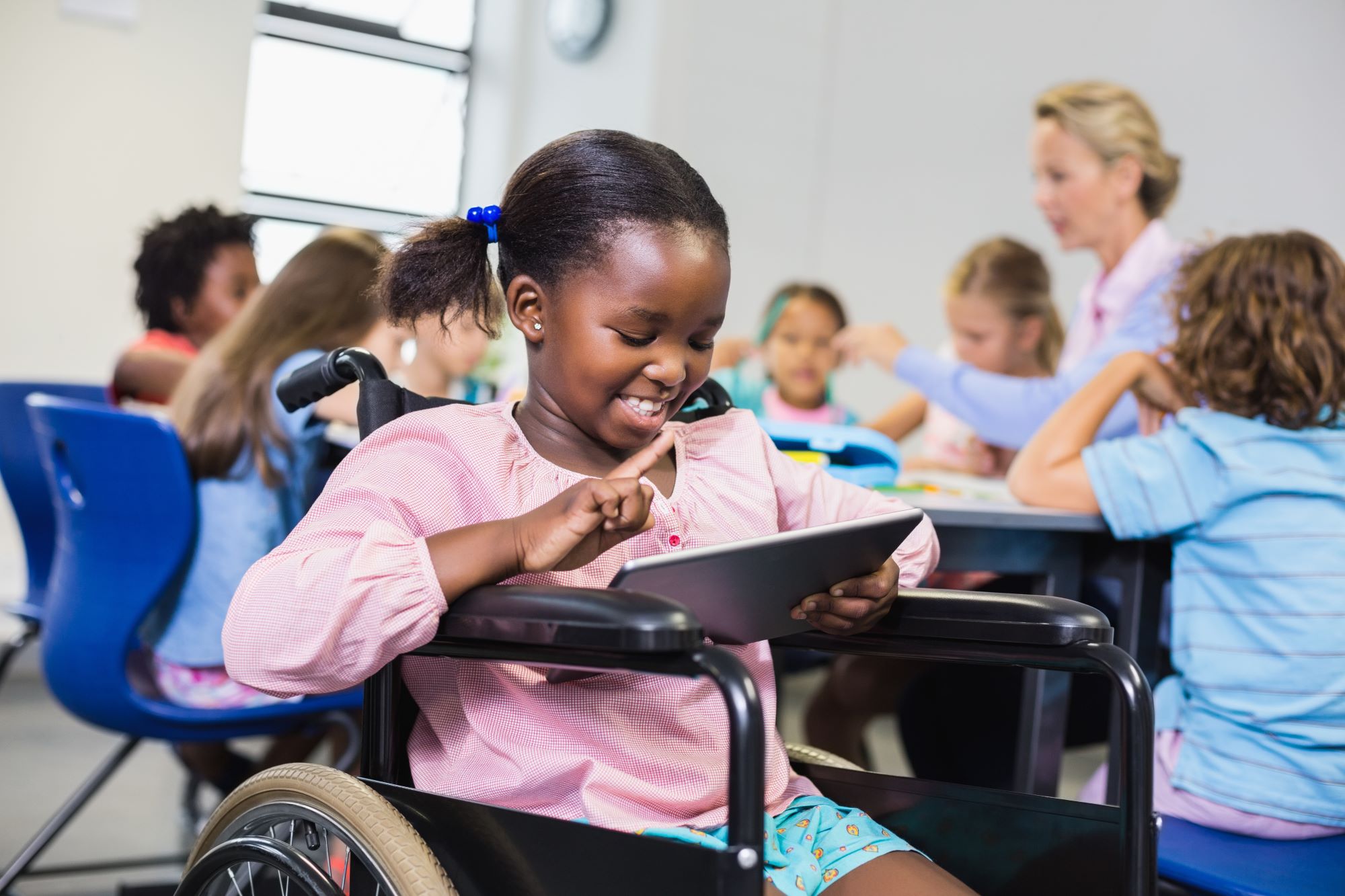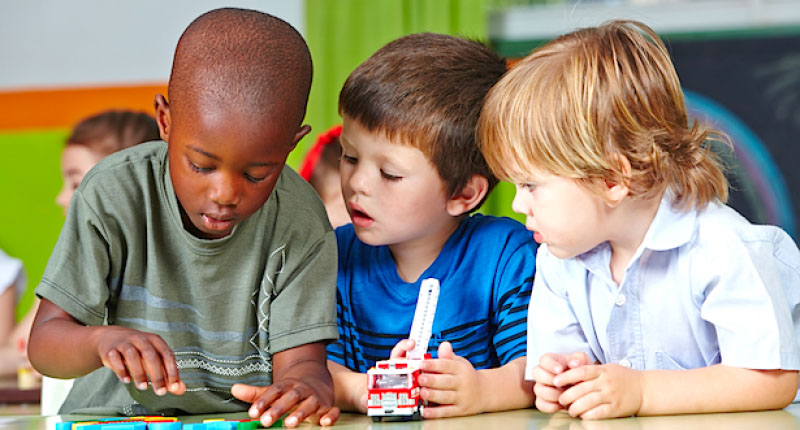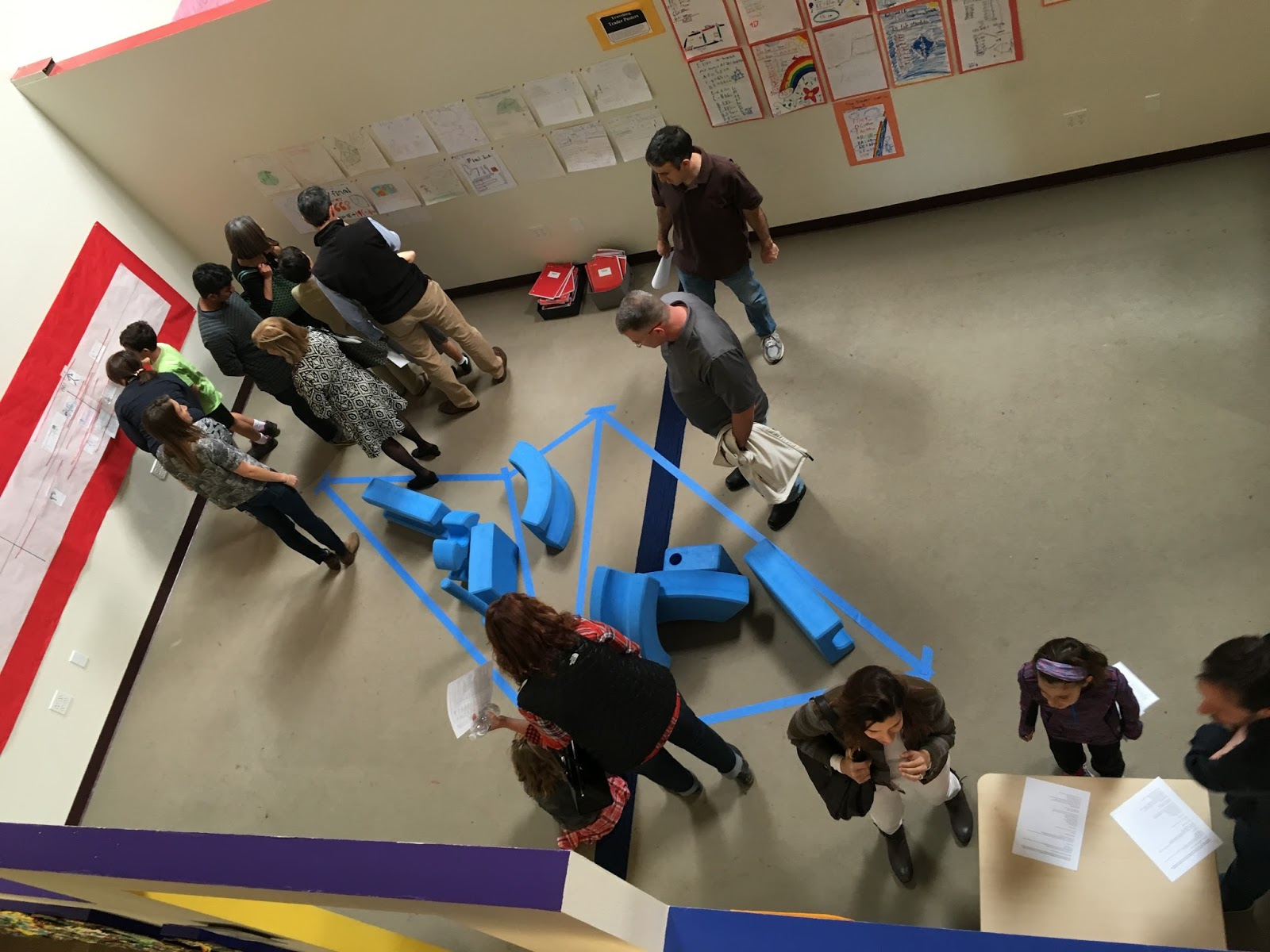Nurturing Potential: The Importance of Special Education

Special education is a field that champions inclusivity and advocates for tailored learning experiences to meet the diverse needs of students with disabilities. In this blog post, we will explore the significance of special education, its role in fostering a supportive learning environment, and the positive impact it has on the lives of students with unique learning requirements.
**1. Inclusive Learning Environments: Special education emphasizes the creation of inclusive learning environments that cater to the diverse needs of students. In these settings, students with disabilities are provided with the necessary support, accommodations, and resources to participate in educational activities alongside their peers. This inclusivity promotes a sense of belonging and acceptance.
**2. Individualized Learning Plans: One of the hallmarks of special education is the development and implementation of Individualized Education Programs (IEPs). These plans are customized to address the specific strengths and challenges of each student, outlining strategies and accommodations to optimize their learning experience. Individualized plans ensure that students receive the personalized attention needed for their academic and personal growth.
**3. Addressing a Range of Disabilities: Special education caters to a broad spectrum of disabilities, including but not limited to learning disabilities, physical disabilities, autism spectrum disorders, and developmental delays. By recognizing and accommodating diverse needs, special education promotes a holistic approach to learning that goes beyond traditional academic measures.
**4. Specialized Teaching Strategies: Educators in special education undergo specialized training to develop effective teaching strategies tailored to the unique needs of their students. These strategies may involve differentiated instruction, assistive technologies, and innovative methods designed to enhance learning outcomes and foster skill development.
**5. Promoting Social and Emotional Well-being: Special education recognizes the importance of addressing not only academic needs but also the social and emotional well-being of students. Creating a supportive community where students feel understood and valued contributes to their overall development and prepares them for meaningful social interactions both in and outside of the classroom.
**6. Parental Involvement and Collaboration: Special education emphasizes the importance of collaboration between educators, parents, and caregivers. Open communication channels and partnerships between schools and families create a cohesive support system for students with disabilities. This collaboration ensures that the learning strategies employed in the classroom align with the support provided at home.
**7. Preparation for Life Beyond School: Special education goes beyond academic preparation; it equips students with the skills they need to navigate life beyond school. This includes fostering independence, self-advocacy, and providing transition services to support students as they transition from school to post-secondary education, vocational training, or employment.
In conclusion, special education plays a pivotal role in creating an inclusive and nurturing educational landscape. By recognizing and embracing the diversity of students’ abilities, special education empowers individuals to reach their full potential, fostering a society that values and supports the unique strengths of every learner.










